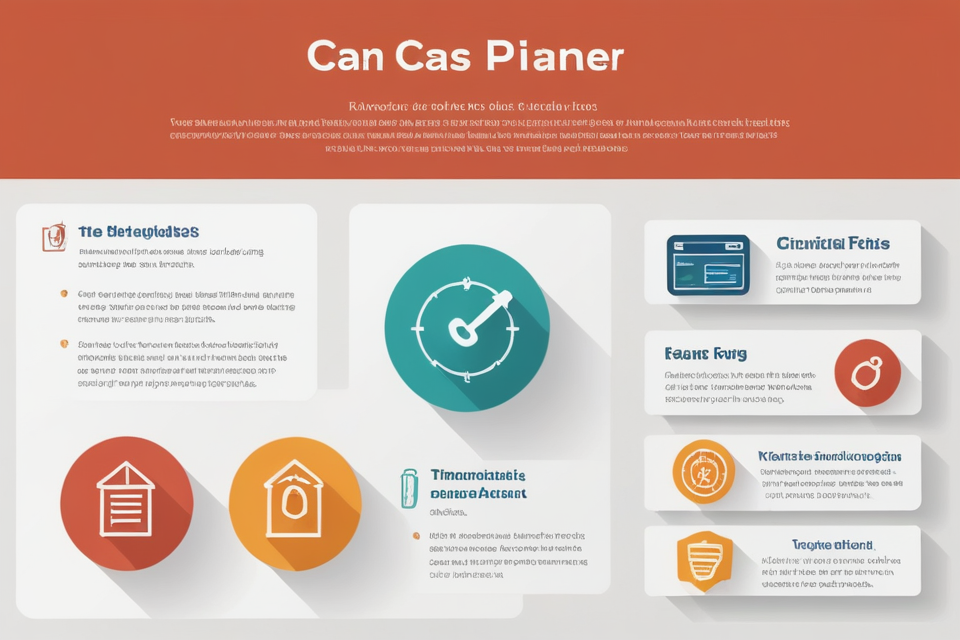Embarking on financial planning early in life can set the foundation for lifelong financial success. High school students are at a pivotal point where learning basic financial skills can make a significant impact on their future. This starter guide aims to provide essential financial planning tips for high school students, helping them develop smart money habits and prepare for a financially secure future.
1. Understanding Basic Financial Concepts
Before diving into financial planning, it’s crucial for high school students to grasp fundamental concepts:
- Budgeting: Learn how to create and manage a budget by tracking income and expenses. Apps like Mint or YNAB (You Need a Budget) can help manage finances effectively.
- Saving: Understand the importance of saving money for both short-term goals (like buying a new gadget) and long-term goals (such as college expenses).
- Investing: Familiarize yourself with basic investment concepts, such as stocks, bonds, and mutual funds. Even though investing might seem complex, starting with educational resources can be beneficial.
2. Opening a Bank Account
Having a bank account is essential for managing money:
- Checking Account: Ideal for everyday transactions and managing your spending. Look for accounts with low or no fees.
- Savings Account: Helps in saving money with interest. It’s a good practice to regularly deposit a portion of any money received.
Tip: Many banks offer accounts specifically designed for teens with educational resources to help them learn about banking.
3. Learning About Credit and Debit Cards
Understanding credit and debit cards is crucial:
- Debit Cards: Directly linked to your bank account, ideal for managing your spending within your budget.
- Credit Cards: Should be used cautiously. Learn about credit scores, interest rates, and the importance of paying off balances in full to avoid debt.
Tip: Many credit cards have minimum age requirements, but some banks offer student credit cards with limited features to help you build credit responsibly.
4. Setting Financial Goals
Setting and achieving financial goals is a key component of financial planning:
- Short-Term Goals: These could be saving for a new phone or a weekend trip.
- Long-Term Goals: Focus on saving for college tuition or a car.
Tip: Use the SMART criteria (Specific, Measurable, Achievable, Relevant, Time-bound) to set and track your financial goals.
5. Exploring Income Opportunities
High school students can explore various ways to earn money:
- Part-Time Jobs: Consider working part-time jobs or internships to gain work experience and earn extra cash.
- Freelancing: If you have skills like graphic design, writing, or programming, freelancing can be a flexible way to earn money.
- Side Hustles: Explore side hustles like babysitting, pet sitting, or online gigs to boost your income.
Tip: Earning money can provide valuable experience and teach you the importance of work ethics and financial management.
6. Understanding Taxes
Although you might not be paying taxes yet, it’s important to understand how they work:
- Income Tax: Learn the basics of income tax, such as how earnings are taxed and the importance of filing tax returns if you start earning more.
- Withholding: Understand how tax withholding works and the concept of W-2 forms if you work part-time.
Tip: Use online calculators to get an idea of how taxes impact your earnings and how to manage your finances accordingly.
7. Managing Student Loans and Scholarships
For those planning to attend college:
- Student Loans: Learn about the types of student loans available, such as federal and private loans, and understand the implications of borrowing.
- Scholarships and Grants: Research scholarships and grants that can help reduce the cost of college. Many organizations offer scholarships based on academic performance, extracurricular activities, and financial need.
Tip: Apply for scholarships early and keep track of deadlines to maximize your chances of receiving financial aid.
8. Building an Emergency Fund
Starting an emergency fund, even a small one, can be beneficial:
- Purpose: An emergency fund helps cover unexpected expenses, like car repairs or medical bills.
- How to Start: Save a small portion of your earnings regularly into a separate savings account designated for emergencies.
Tip: Aim to build your emergency fund gradually, adding to it whenever possible.
9. Educating Yourself Continuously
Financial education is a lifelong journey:
- Books and Online Resources: Read books on personal finance and use online resources to continue learning about money management.
- Financial Literacy Courses: Look for courses or workshops offered by schools or community organizations.
Tip: Stay updated on financial trends and changes to make informed decisions about your money.
10. Seeking Guidance from Adults
Don’t hesitate to seek advice from trusted adults:
- Parents or Guardians: They can provide practical advice based on their own financial experiences.
- Financial Advisors: If possible, consult with a financial advisor to get personalized advice and guidance.
Tip: Building a strong support network can provide valuable insights and help you navigate complex financial decisions.
